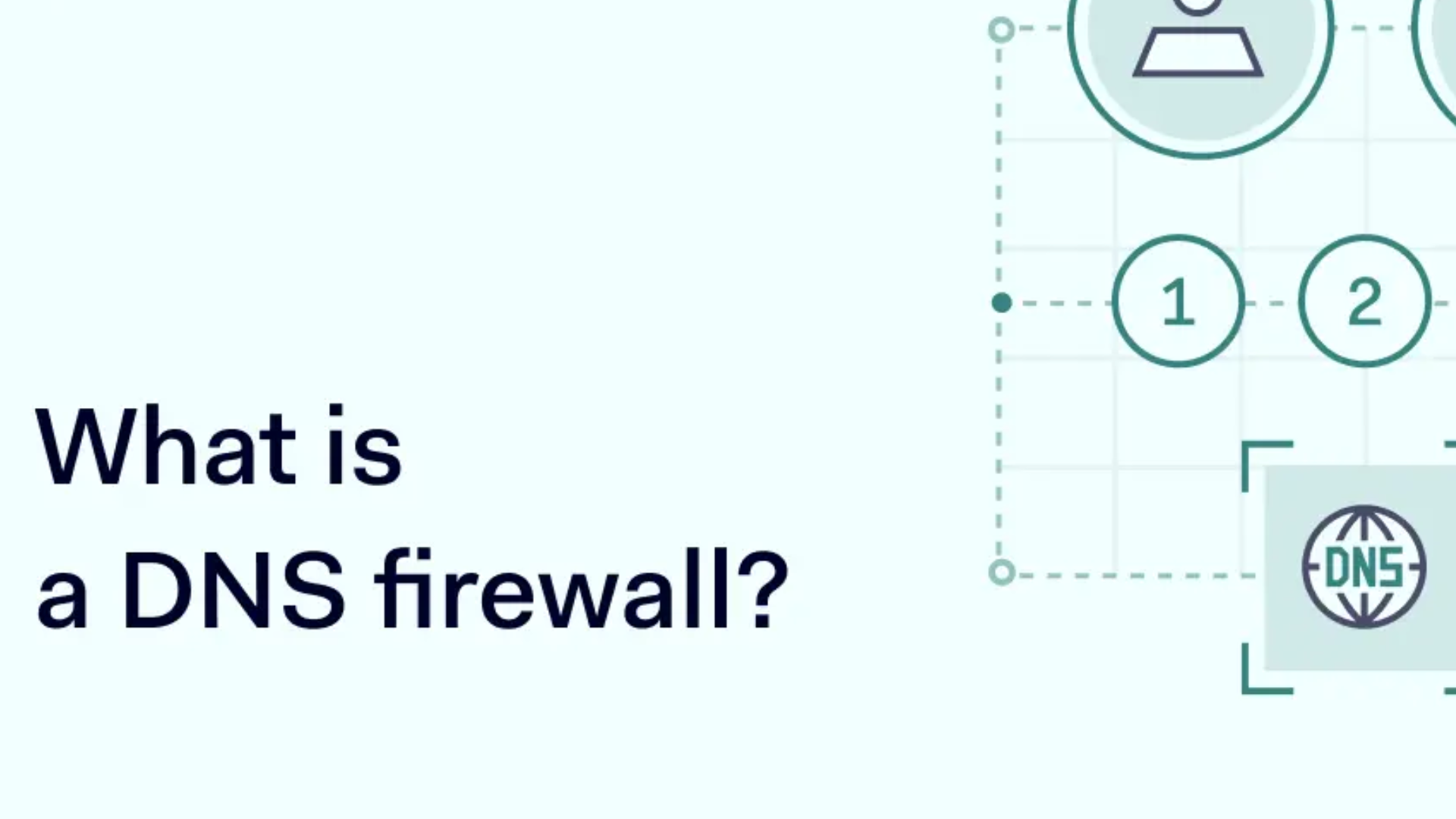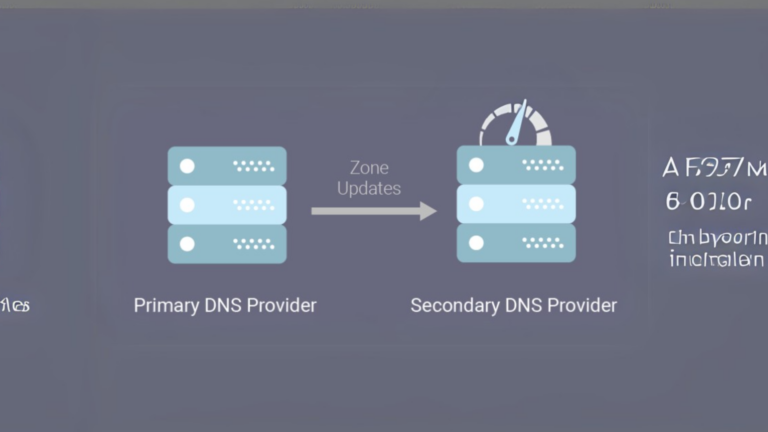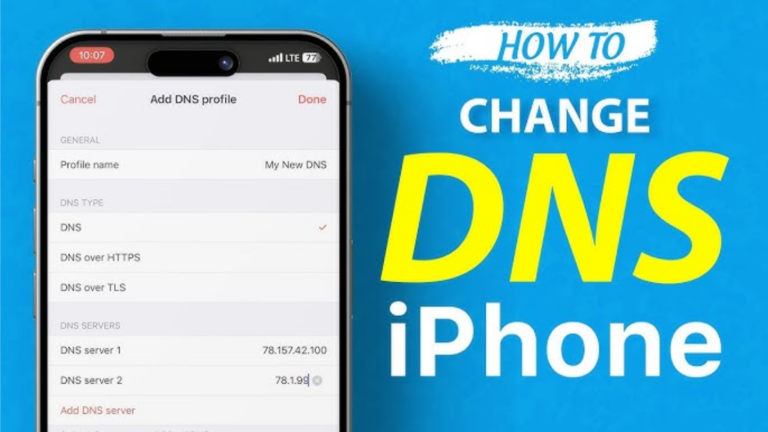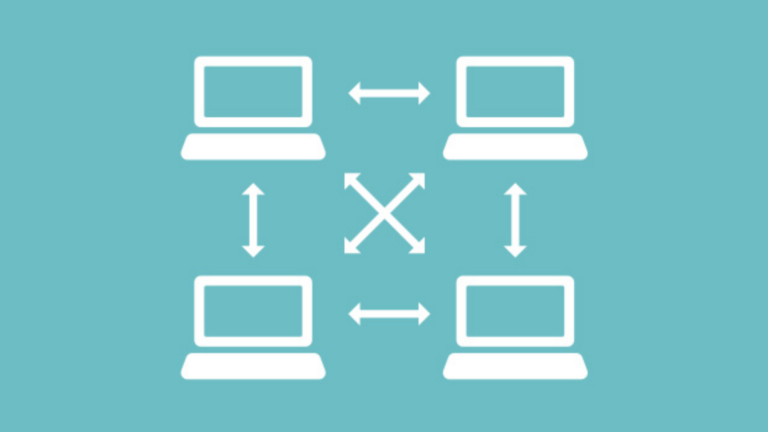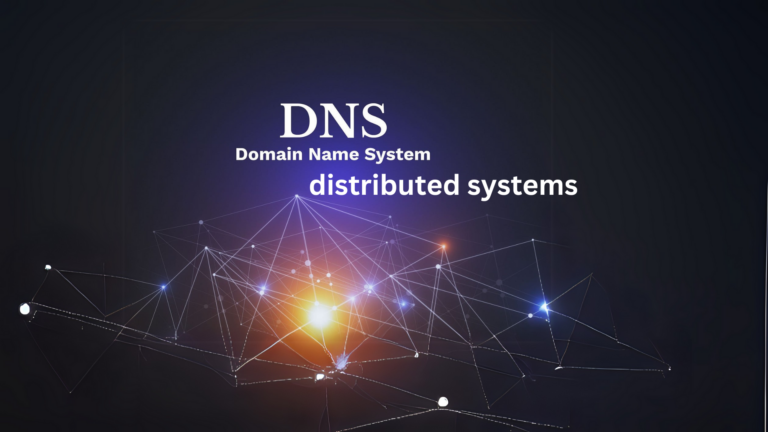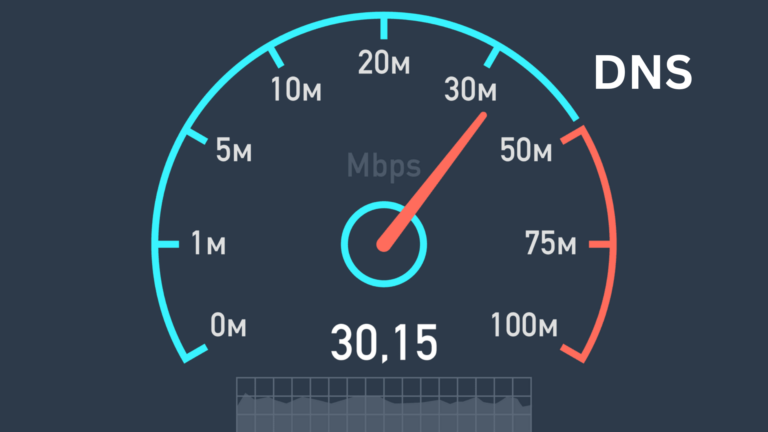What are DNS firewall solutions, and how do they work?
In today’s digital world, we are all constantly connected to the internet. Whether it’s browsing websites, sending emails, or using apps, we rely heavily on the internet for many aspects of our lives. However, with this connectivity comes the risk of cyber threats, such as viruses, malware, and phishing attacks. This is where DNS firewall solutions come in. They play a crucial role in protecting us while we browse the web, helping keep our data and devices safe.
Let’s dive into what DNS firewall solutions are, how they work, and why they are essential for online security.
What is DNS?
Before understanding DNS firewalls, it’s important to know what DNS stands for and what it does. DNS stands for Domain Name System. It’s like the phone book of the internet. When you type a website address like “google.com” in your browser, DNS helps convert that address into an IP address that your device can understand and connect to the right server. Essentially, it translates human-readable website names into machine-readable IP addresses.
What is a DNS Firewall?
A DNS firewall is a security tool designed to block access to harmful websites and prevent threats from reaching your device. It works by filtering DNS requests and blocking any connections to malicious sites before your device can access them.
When you try to visit a website, your device makes a DNS request to find out the IP address of the website. If the DNS request is for a known malicious website, a DNS firewall can step in and stop the request from going through, keeping you safe from malware, phishing, and other online threats.
How Does a DNS Firewall Work?
A DNS firewall works by acting as a filter between your device and the websites you want to visit. Here’s a breakdown of how it works:
- DNS Request Initiation: When you type a website address in your browser, your device sends a DNS request to a DNS server to find the website’s IP address.
- DNS Query Check: The DNS firewall checks if the website you are trying to visit is on its list of known malicious sites. This list is constantly updated to include new threats and block harmful websites.
- Blocking Harmful Sites: If the website is flagged as dangerous (e.g., a site known to spread malware or phishing attempts), the DNS firewall blocks the request, preventing your device from connecting to the site.
- Allowing Safe Sites: If the website is safe, the DNS firewall lets the request go through and the DNS server provides the correct IP address, allowing you to access the website.
Why Are DNS Firewalls Important?
DNS firewalls are essential for several reasons. Here are some of the key benefits they offer:
- Protection from Malware: DNS firewalls can block websites known to host malware, preventing your device from being infected.
- Blocking Phishing Sites: Phishing websites are designed to steal your personal information, like passwords and credit card numbers. DNS firewalls can block these sites, protecting your privacy.
- Preventing Censorship and Content Restrictions: Some DNS firewalls allow you to bypass local restrictions or censorship, giving you access to sites that might otherwise be blocked in your country.
- Improved Internet Speed: Some DNS firewall solutions can optimize DNS resolution, making your connection to websites faster.
How to Use DNS Firewall Solutions
Many internet security companies offer DNS firewall services, but there are also free solutions available for home use. Here’s how you can use a DNS firewall:
- Choose a DNS Firewall Provider: Research different DNS firewall services and select one that fits your needs. Some popular DNS firewall providers include OpenDNS, Cloudflare, and Quad9.
- Set Up the DNS Server: You’ll need to configure your device or router to use the DNS server provided by your DNS firewall service. This process is usually straightforward and can be done in the network settings.
- Enjoy Safer Browsing: Once set up, your device will automatically use the DNS firewall to filter out harmful websites, keeping you protected while you browse.
Conclusion
DNS firewall solutions are an essential tool for safeguarding your online experience. By acting as a filter for DNS requests, they block access to harmful websites and protect your device from malware, phishing, and other threats. Whether you’re a business or an individual, using a DNS firewall can give you peace of mind knowing that your browsing activity is safer and more secure.
